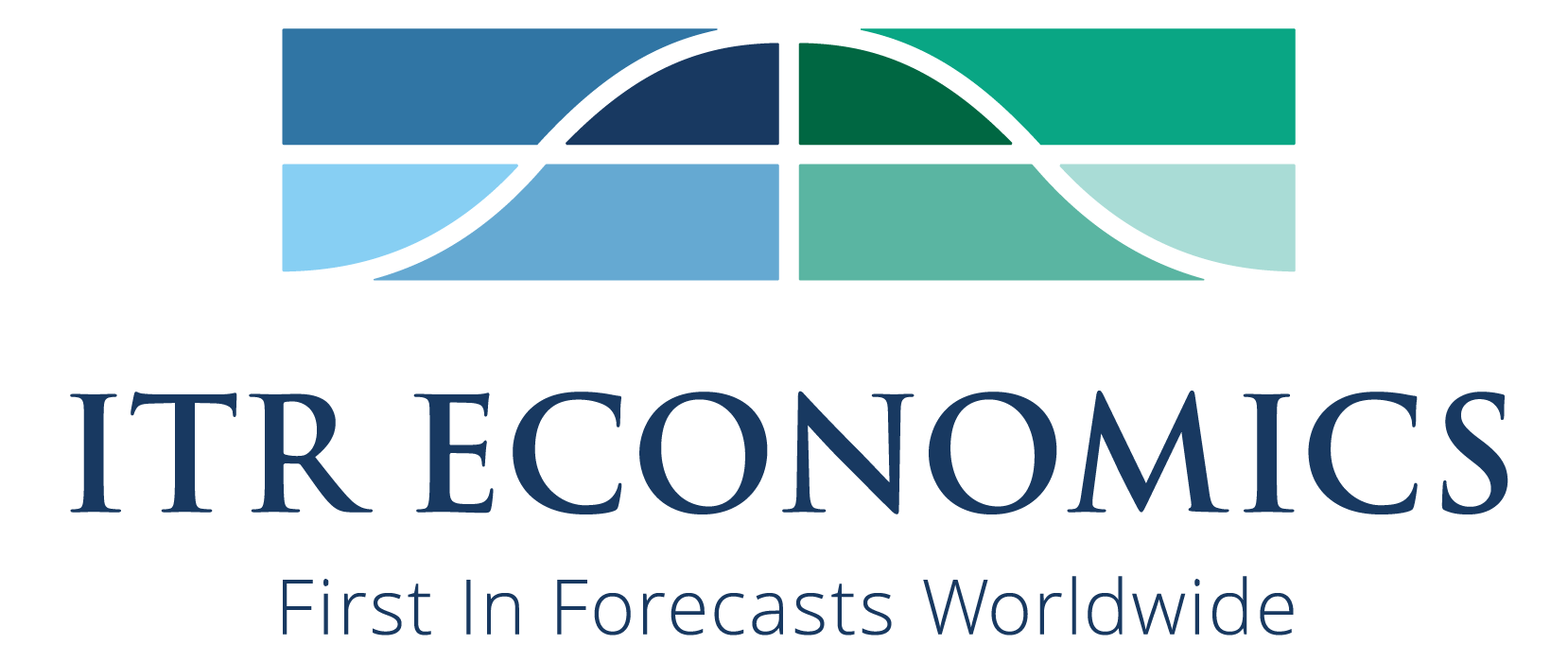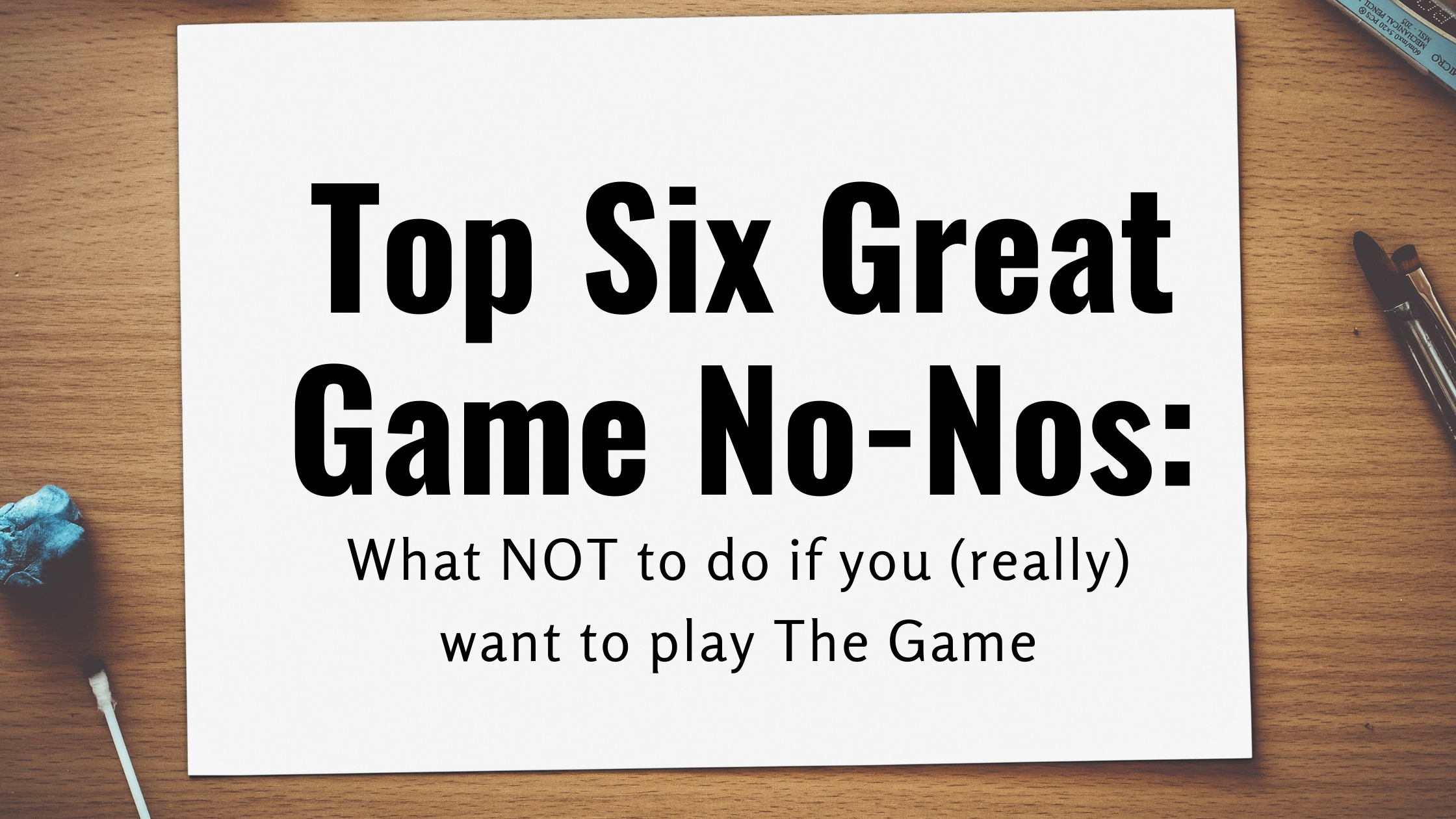When many business owners and executives hear the words "Strategic Planning," their minds jump to another topic. Any other subject will do. In their hearts, they know that planning is important to the organization. But knowing where to start is the issue. They have heard the stories from their peers who created a plan, and it sat on the shelf for a year or forever. As a result, planning happened once and then stopped. It amounted to a waste of time and money. The question then becomes: why bother planning at all?
Read More
One of the most critical values that ITR Economics provides is removing the emotion from your business planning. Every business leader faces ever-daunting questions, such as “is this the right decision?” or “is this the right time?” or “how can I be sure?” To help with the psychological aspects of managing a business, ITR has created a roadmap based on the Business Cycle. They’ve divided the Business Cycle into four phases and have designated specific business practices for each phase.
Read More
Are you a leader? Before you answer that question, consider … there’s a big difference between management and workplace leadership. Try this quote on for size: “Management is efficiency in climbing the ladder of success; leadership determines whether the ladder is leaning against the right wall.” – Stephen Covey
Read More
The Great Game of Business and ITR Economics are partnering to bring the insights and guidance of ITR Economics’ Industry Reports to The Great Game of Business practitioners.
Read More
Top Six Great Game No-Nos: What NOT to do if you (really) want to play The Game During the time that we’ve been helping others implement The Great Game of Business, we’ve seen the ups and downs and are often surprised by the number of people who are “fair-weather Great Gamers”, meaning they have passion and intent to play The Great Game of Business®, but are missing the mark in one or more areas. Here are the top six (because five just wasn’t enough) Great Game No-nos:
Read More
In 2018, the executives at banking giant Wells Fargo issued a new strategy for their business: the overall goal was to create long-term banking relationships with their customers. And to measure how well the company was executing on that strategy, they began tracking “cross-selling.” In other words, employees would be measured, and rewarded, based on the number of different accounts—from deposits and credit cards to auto loans and mortgages—a customer opened with the bank. The CEO at the time even coined a slogan: “eight is great” to illustrate the optimum number of accounts a customer might have with the bank. On paper, you could argue that the more accounts a customer had would likely equate with a longer-term relationship with the bank. But, if you’ve been paying attention to the news for the past few years, you know that things went spectacularly wrong.
Read More
For nearly four decades, SRC has been perfecting its approach to strategic planning, and every year it keeps getting better. Here’s the proven step-by-step approach to building good, accurate plans employees love to execute. People Support what they help to create. That is why at SRC and The Great Game of Business®, building a strategic plan is about involving ALL employees in the planning process. That means planning is a year-round event, and it begins with what’s happening in the real world. Twice a year, in June and October, SRC brings the marketplace to its people so they can accomplish two goals: Develop business-growth plans they can own. Help employees answer the questions: Are we confident and energized about the direction of the company? Having a strategic plan is more than putting on paper what you plan on doing over the next year. It is about setting a strategy, building a plan, dealing with market changes, and most importantly, enabling everybody to contribute. This is what we at The Great Game of Business call High-Involvement Planning™. Big picture — High-Involvement Planning can be broke down into clarifying your strategy and building your plan. If you zoom in, you will see that there are really ten steps to having a successful strategic plan.
Read More

.png)

.png)










.png)




-5.png)

